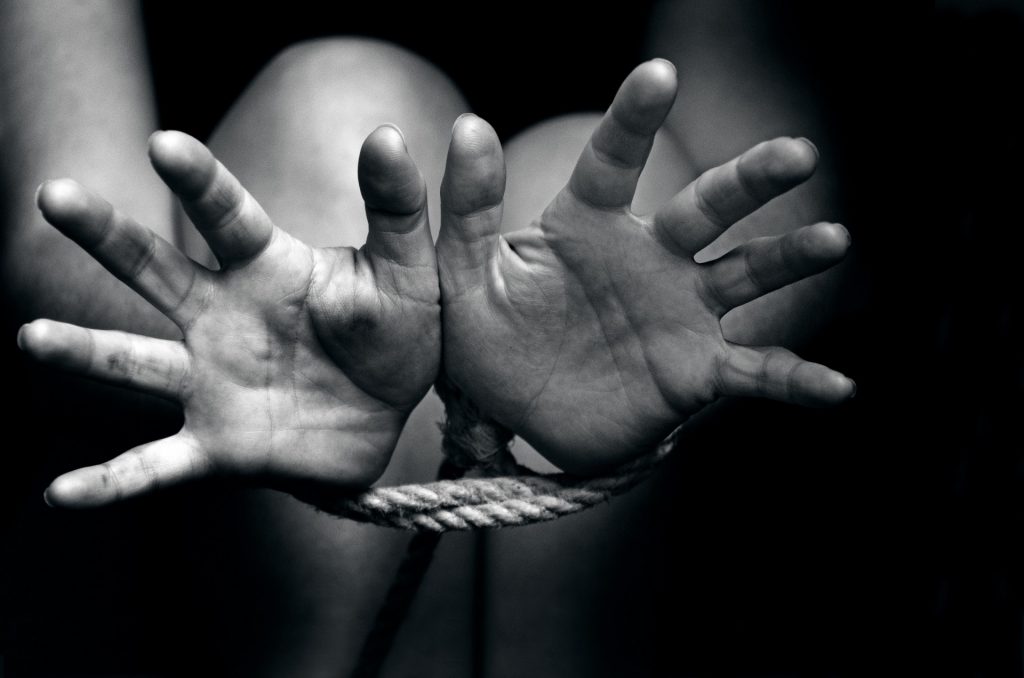Background
The trade-in drugs were already recognized as a global problem requiring a global solution at the beginning of the 20th century, with the first international conference on narcotic drugs held in Shanghai in 1909. Over the following decades, a multilateral system to control production, trafficking and abuse of drugs was developed. Three drug control conventions were adopted under the auspices of the United Nations (in 1961, 1971 and 1988). Adherence is now almost universal.
UN Action
The Commission on Narcotic Drugs (CND) was established by Economic and Social Council (ECOSOC) resolution 9(I) in 1946, to assist ECOSOC in supervising the application of the international drug control treaties.
By resolution 42/112 of 7 December 1987, the General Assembly decided to observe 26 June as the International Day against Drug Abuse and Illicit Trafficking as an expression of its determination to strengthen action and cooperation to achieve the goal of an international society free of drug abuse.
The United Nations Office on Drugs and Crime (UNODC) supports the Member States in implementing a balanced, health- and evidence-based approach to the world drug problem that addresses both supply and demand and is guided by human rights and the agreed international drug control framework. This approach involves the treatment, support, and rehabilitation; ensuring access to controlled substances for medical purposes; working with farmers who previously cultivated illicit drug crops to develop alternative sustainable livelihoods for them; establishing adequate legal and institutional frameworks for drug control through using international conventions.
Recent Milestones
In 2009, Member States adopted the Political Declaration and Plan of Action on International Cooperation Towards an Integrated and Balanced Strategy to Counter the World Drug Problem which includes goals and targets for drug control.
Progress towards addressing the world drug problem was assessed at a UN General Assembly Special Session (UNGASS) in 2016, which resulted in over 100 operational recommendations in seven thematic chapters.
At the CND in March 2019, Member States adopted a Ministerial Declaration in which they reaffirmed their determination “to address and counter the world drug problem and to actively promote a society free of drug abuse in order to help ensure that all people can live in health, dignity and peace, with security and prosperity, and reaffirm our determination to address public health, safety and social problems resulting from drug abuse.”

Mutual support and trustworthy information have proven to be pillars of responding effectively to the COVID-19 pandemic and saving lives.
Cooperation, reliable data and evidence-based action are just as vital to addressing the many challenges posed by the world drug problem, protecting people’s security and realizing the Sustainable Development Goals.
This year’s theme of International Day against Drug Abuse and Illicit Trafficking — “Better Knowledge for Better Care” — speaks to the need to build solutions based on facts and shared responsibility.
The international community has a solid foundation for action, with an agreed legal framework and commitments outlined in the 2019 Ministerial Declaration of the Commission on Narcotic Drugs. The United Nations, in line with its common position on drug policy, is also enriching the evidence base, including through the annual UNODC World Drug Report.
We must also strive to build on what works. As Prime Minister of Portugal more than two decades ago, my government launched a drug policy rooted in taking strong action in two areas. First, by cracking down on drug trafficking and those who profit from human misery. And, second, on making sure that those who need treatment get it. Those who develop an addiction to drugs are first and foremost patients and victims. That approach succeeded and drug consumption went down significantly, particularly among young people. Today, Portugal has one of Europe’s lowest death rates from drug use.
Together, we can develop sustainable alternatives to illicit drug crop cultivation; tackle drug trafficking and related organized crime; and advance justice responses as well as prevention, treatment and rehabilitation services for drug use and related HIV interventions. And we can do so in ways that are sensitive to the needs of women, young people and marginalized groups and that respect human rights.

